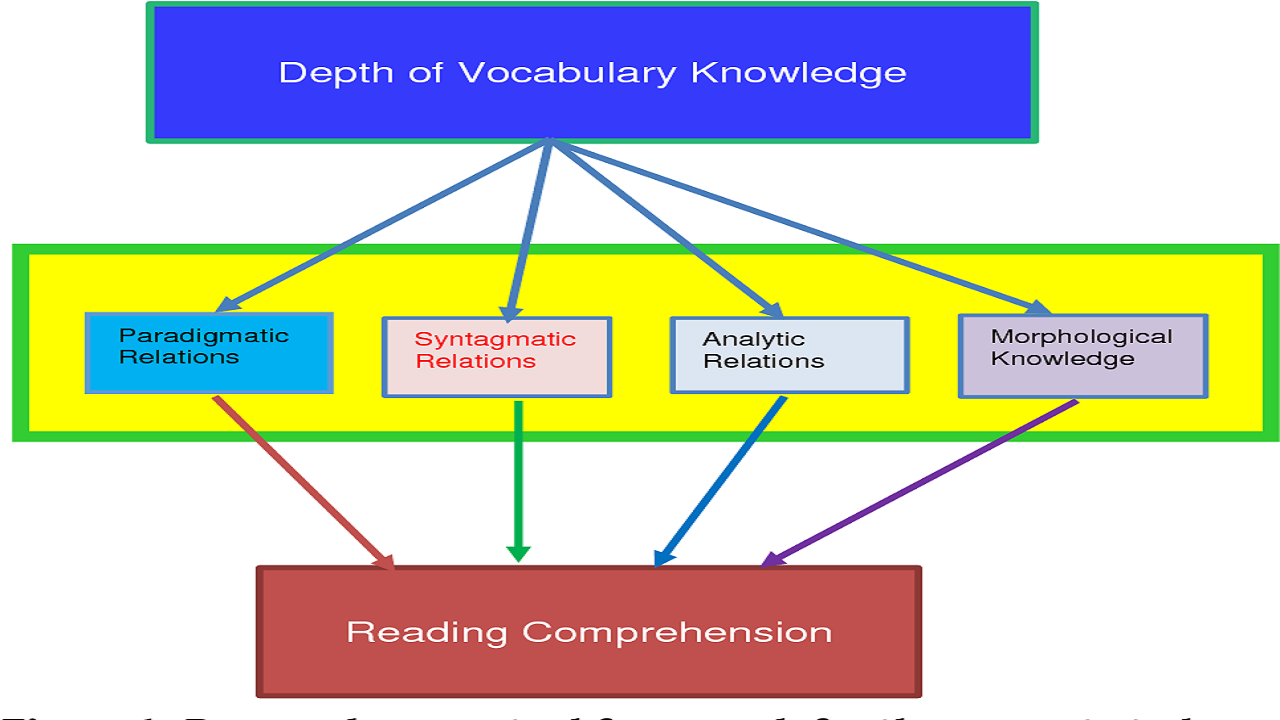Unlocking the Power of Vocabulary Knowledge: Enhancing Language Skills for Success
Having a strong vocabulary is a key factor in achieving success in various aspects of life, especially when it comes to language skills. Vocabulary knowledge goes beyond simply knowing the meanings of words; it empowers individuals to express themselves effectively, comprehend complex texts, and communicate persuasively. In this article, we will explore the significance of vocabulary in enhancing language skills and provide strategies for expanding and utilizing vocabulary knowledge.
The Power of Vocabulary
Vocabulary forms the foundation of language acquisition and plays a crucial role in reading, writing, speaking, and listening. Here are some ways in which a rich vocabulary can benefit individuals:
- Enhanced Communication: A broad vocabulary allows individuals to choose the most precise and appropriate words to convey their thoughts and ideas. It enables effective communication, helping individuals articulate their viewpoints and express themselves clearly.
- Improved Reading Comprehension: Vocabulary knowledge helps in deciphering unfamiliar words while reading, leading to better understanding of texts. It allows readers to grasp the nuances and subtleties of written material, enhancing overall comprehension.
- Expanded Writing Skills: A robust vocabulary enables individuals to articulate their thoughts eloquently in writing. It provides a wide range of vocabulary choices, allowing for more descriptive and engaging written expression.
- Critical Thinking: Vocabulary plays a vital role in critical thinking and problem-solving. It helps individuals analyze and interpret information, make connections between ideas, and express their thoughts in a logical and coherent manner.
Strategies for Enhancing Vocabulary
Building and expanding vocabulary is an ongoing process that requires consistent effort. Here are some effective strategies to enhance vocabulary knowledge:
- Read Widely: Reading extensively exposes individuals to a variety of words and contexts. Engage in diverse genres such as fiction, non-fiction, newspapers, and magazines. When encountering unfamiliar words, look up their meanings and usage to solidify understanding.
- Contextual Learning: Pay attention to words encountered in different contexts, such as conversations, books, movies, and podcasts. Contextual clues provide valuable insights into word meanings and usage.
- Use Vocabulary Apps and Tools: Utilize digital resources like vocabulary-building apps and websites that offer interactive exercises, flashcards, and word games. These tools make learning new words enjoyable and engaging.
- Word-of-the-Day: Challenge yourself to learn a new word every day. Subscribe to online word-of-the-day services or use mobile apps that send daily vocabulary notifications. Practice using these words in conversations or writing to reinforce retention.
- Join a Book Club or Language Group: Engaging in discussions with others who share a passion for reading and language learning can expose you to new words and different perspectives. It also provides an opportunity to practice using learned vocabulary.
Utilizing Vocabulary Knowledge
Expanding vocabulary is only part of the equation; utilizing it effectively is equally important. Here's how you can make the most of your vocabulary knowledge:
- Practice Active Usage: Actively incorporate new words into your everyday speech and writing. This reinforces retention and helps internalize the words in your vocabulary repertoire.
- Be Mindful of Tone and Register: Understand the appropriate usage of words in different contexts. Consider the tone, formality, and audience when selecting vocabulary to ensure effective communication.
- Engage in Vocabulary Exercises: Solve vocabulary puzzles, crosswords, or word association games to strengthen your word recall and association skills.
- Write Regularly: Practice writing in various styles and genres. Experiment with using different vocabulary choices to develop your own writing voice.
In conclusion, vocabulary knowledge is a powerful tool that can significantly enhance language skills and contribute to overall success. By actively expanding your vocabulary and utilizing it effectively, you can improve your communication, comprehension, and critical thinking abilities. Embrace the journey of vocabulary acquisition, and unlock the doors to a world of linguistic possibilities!
Remember, the journey of vocabulary acquisition is ongoing, so keep exploring, learning, and growing!
